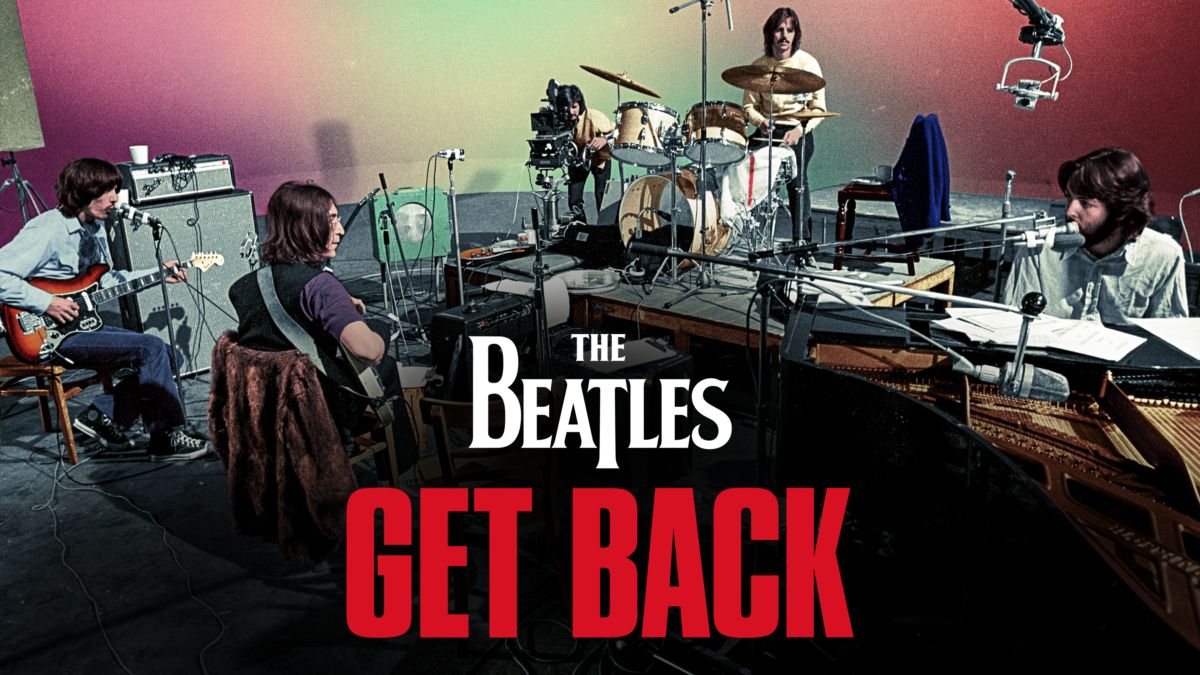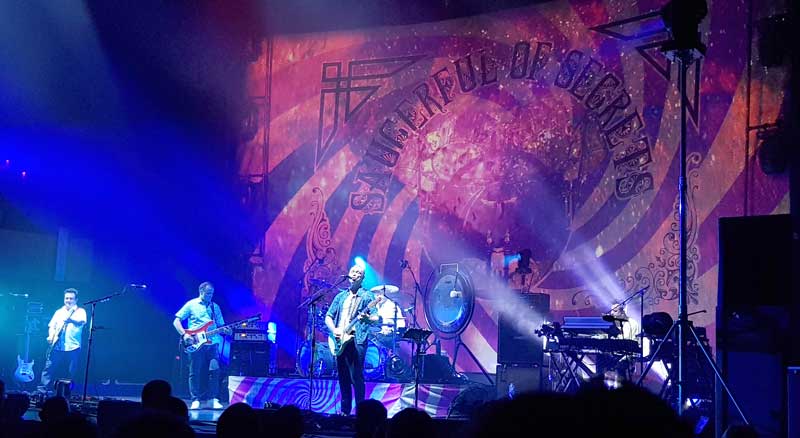Despite my recent move to the periphery of software development, I started life in the Computer Science department at Flinders University, and by virtue of associating with some Mighty Clever Folks had some of the hacker mentality rub off on me. Since then I’ve held a keen interest in hacking together software projects from time to time, and also learning about the history of the hacker movement and getting a sense of the great names that went before throughout history.
An excellent book on that particular topic is Hackers by Steven Levy, and the final chapter of his book refers to “the last of the true hackers”, GNU founder, Free Software advocate and creator of EMACS, Richard Stallman – commonly known as “rms”.
To then be offered a chance to attend a free lecture by rms seemed a wondrous opportunity, and indeed I metaphorically leapt as high as my enfeebled nerdly legs would allow me. The topic matter of the lecture mattered less to me (“A Free Digital Society”) than the chance to observe a figure of computing history.
Perhaps my expectations were pointed a little in the wrong direction – I was half expecting a far more technical discussion (which I probably wouldn’t have understood most of), however the lecture was primarily about the dangers to society of surveillance technology, and the merits of Free Software (note: NOT Open Source) over its insidious cousin, Proprietary Software. Stallman is passionate and single-minded about the idea of open computer systems, Free Software, and presents Free vs Proprietary very much as a Good vs Evil dichotomy. Perhaps many of the things he said have citation widely known among the engineering community (the event was put on by the Institute of Engineering and Technology), however much of it sounded almost like conspiracy theory.
When rms is referred to as the last of a dying breed, I think I now understand what they mean – he’s definitely an idealist, and it’s refreshing that such people exist and are still influential as it guarantees the existence of a wide spectrum of views rather than the ongoing tendency towards the centre. I hope it’s not a lazy observation to say that he reminded me a bit of the Kakapo, a large endangered flightless green parrot – extremely rare, quite peaceful, but doggedly persistent in its behaviour and fiercely selective of its habitat (in rms’s case, his Lemote Yeeloong notebook computer). I don’t know if the Kakapo comparison came to mind because his beard reminded me of the Kakapo’s sideburn-like feathers, or because some friends of mine once told an anecdote about taking rms to Adelaide Zoo and watching him play a recorder at a parrot.

The talk focussed heavily on the fact that surveillance is dangerous if governments don’t dispose of the data immediately, and this extended to internet use including Facebook, Amazon, and financial payment systems. As the UK undergoes the Census process I’ve read similar articles by people claiming that the data the UK government is collecting is of no business of theirs, urging people to put misleading information on the forms. Unfortunately, at least as far as I can understand it, there is no argument whatsoever that having access to detailed statistical data about people and their behaviour is of huge use for all sorts of purposes, and ethically it would be highly desirable to anonymise the data as fast and thoroughly as possible so that it could still be of use without breaching privacy expectations. However to corporate interests the detailed tracing of individuals is of more use to find out more and more about their behaviour, hence the development of the technologies being used. Surveillance doesn’t stop at CCTV – Stallman spoke of the keeping of phone logs of who spoke to whom, a trivial logging activity in the digital world – and the near ubuquitous Facebook social network is a fine example of a corporation’s ability to collect masses and masses of data which it then sells on to marketers. Stallman advocated boycotting Facebook (as he proudly does on his site), and famously doesn’t use web browsers to view the web, preferring instead to download pages using wget and then email them to himself.
The core idealistic thrust is that he believes that people sending this data to companies unawares is Wrong, and denounces the fact that people will happily surrender that information in exchange for convenience. Also that information should be free and sharing should be compulsory, stating that DRM ( “Digital Handcuffs”) was evil and wrong.
Another of his core points was that Free Software must be produced according to the definition provided by the Free Software Foundation:
- The freedom to run the program, for any purpose (freedom 0).
- The freedom to study how the program works, and change it to make it do what you wish (freedom 1).
- Access to the source code is a precondition for this.The freedom to redistribute copies so you can help your neighbor (freedom 2).
- The freedom to distribute copies of your modified versions to others (freedom 3). By doing this you can give the whole community a chance to benefit from your changes. Access to the source code is a precondition for this.
During question and answer afterwards an audient challenged that this definition of free software required the user to have a reasonably in-depth technical background. Stallman challenged this, saying that the 1st and 3rd items could be adhered to by non-programmers easily. The Q&A session was a fascinating behavioural microcosm as well – the primarily British group of engineers all reluctant to talk into their radio mics to ask questions, prompting rms to shout bruquely that he couldn’t understand the question, which then cued mumbled apologies from the engineers and more shouting from Stallman – who genuinely couldn’t hear them, but did prompt me to wonder why if you’d observed 10 people doing the same thing badly why an engineer wouldn’t alter the process to work more efficiently. Ho hum.
 Stallman also attacked the Amazon Kindle platform, stating that people who used it were playing into the rights restrictions imposed by the corporate world – buying an eBook on Kindle destroys your right to lend or give that book to a friend after you’re done with it, and allowed Them the power to remotely delete content from your device whenever they deemed it appropriate. Of course, he’s absolutely right, and again it’s a case of people not being concerned about having their rights eroded in exchange for the convenience factor of being able to carry books in such a manageable form.
Stallman also attacked the Amazon Kindle platform, stating that people who used it were playing into the rights restrictions imposed by the corporate world – buying an eBook on Kindle destroys your right to lend or give that book to a friend after you’re done with it, and allowed Them the power to remotely delete content from your device whenever they deemed it appropriate. Of course, he’s absolutely right, and again it’s a case of people not being concerned about having their rights eroded in exchange for the convenience factor of being able to carry books in such a manageable form.
Overall I found the content matter of the evening to be quite rich and fascinating, but presentationally it would have benefited from a more interactive format, such as a debate, or discussion. In the event’s favour, I got embroiled in quite a fascinating discussion with some chaps in the foyer about why it might be that Linux (a Free operating system) hasn’t shot past Windows or Mac OS X in popularity. It’s tough to assume that the world’s full of ignorant people who will do whatever they’re told, but there’s a lot of truth and value in the statement that for many Linux is an ugly, difficult, utilitarian system with little or no “marketing” value of any sort. In the main, people want something that they can buy, take home, and use, and the ballache of getting Linux to do what you want it to (if you’re non-technical) outweighs the idealistic attractiveness of it. Apple employ premium pricing along with providing a rock-solid product on very pretty and well-specced hardware to sell a brand, and again the Free Software concept completely ignores this facet of human motivation and behaviour. And this discussion in turn led to its inevitable conclusion that in order to get the world to progress down the Free Software path you’d need to replace the Capitalist System. Which seemed to venture into cliché territory, but also brought us closer to talking about “Them”.
Interesting evening. Very interesting.





